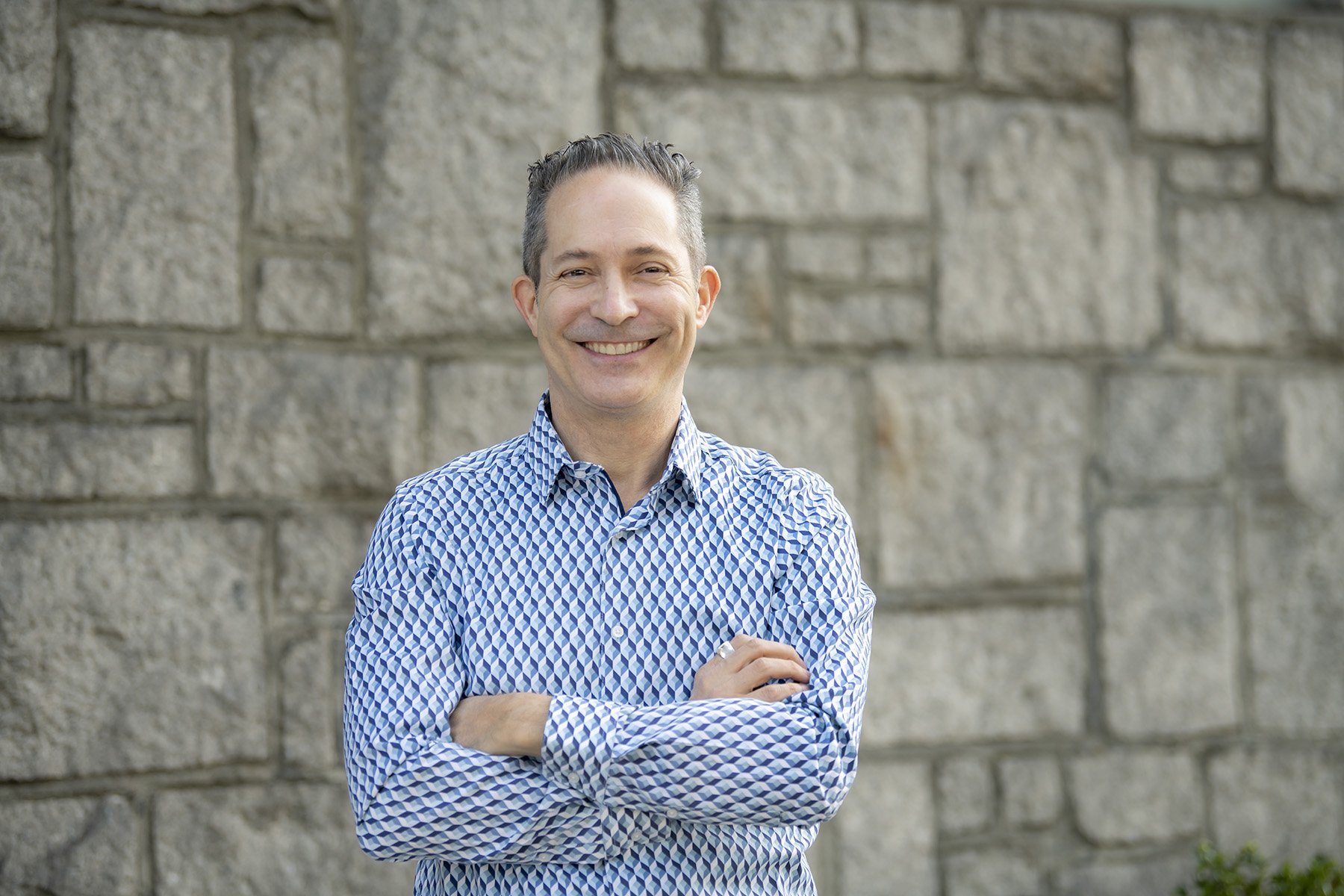About Mark

As a child I was fascinated by how things worked. I got prisms and explored how the light all around us could be broken down into a visible spectrum. I idolized Leonardo da Vinci for his synthesis of art and science. I was amazed that the vibrations from music could create such powerful emotional responses.
I stopped studying science prior to university because there was no WHY - everything was dry, mechanical, and seemingly pointless, with no connection to how we would use what we learned (when’s the last time you used algebra, parabolas, or inclined planes?). I switched my focus into languages and music, areas I was also deeply interested in.
Moving to London in the mid-90s after three life-changing years in Tokyo, I was synchronistically introduced to Feng Shui and it seemed to align with all my interests: a system that explored how physical reality works and engages with the inner self.
But here too, I found that some leading ‘experts’ repeated information without any apparent connection of the real WHY or a capacity to help others understand it beyond the surface.
When I began what was to become annual consulting and teaching trips to Japan in 2003, I coined the term Contemporary Feng Shui because I realized that I was not practicing Feng Shui in either a Western or Eastern way but rather as a contemporary expression of the root of the practice’s teachings.
Since that time until lockdowns began, I traveled to Japan on average 2 or 3 times a year to offer consultations and deliver seminars, first for expats and then for the Japanese population, the presentations almost always to rooms of 100 people or more. My grounded common-sense approach was appreciated by all: rather than opting for esoteric but generic band-aid solutions, I offer practical suggestions to improve functionality and flow, blending aesthetics with purpose, encouraging everyone to have a home that satisfies them as opposed to meeting an external authority’s standards.
I was featured alongside the legendary traditional consultant Raymond Lo in the high-end Hong Kong magazine Home, as well as in Hong Kong Elite Homes magazine. I’ve made several television appearances in Canada, in addition to international radio appearances: I was featured on the London-based Monocle 24 Radio’s program The Urbanist in 2015 to discuss modern architecture as it relates to Feng Shui theories. The first volume of a set of instructional DVDs was released in Japan in early 2016 and the second in 2018, and over a five-year period I trained and graduated 25 professional Feng Shui consultants in Japan.
After moving to Vancouver in 1999, I was intrigued by the non-traditional approach espoused advertisements for Feng Shui services of Rhea Peake and my life changed when I witnessed her consulting style: all of a sudden Feng Shui was alive, not rigid and dogmatic. I knew she would be my teacher and took the first of the two certification programs she taught in 2001 and soon became her protégé.
I’ve worked with a varied client base across the globe, designing shops in Japan and Bali and an office in Qatar, working with interior designers on the high-end properties of Silicon Valley CEOs, and consulting in person and via Skype & Zoom for both private citizens and businesspeople across North America, throughout Europe, in Australia, Bali, and all over Japan.
I continue to consult and teach online for a global group of participants. I am also adding to my toolbox by deepening my knowledge of scientifically-validated findings of environmental psychology and how these align with Feng Shui. In 2021 I became a WELL Accredited Professional, an internationally acclaimed designation for science-backed building management and construction according to the WELL Building Standard. I am also trained in a number of other disciplines that inform my approach to Feng Shui, among them neuroplasticity-based education and stressed-management techniques.
As the world continues to go through the challenging transformation it is in, I am more convinced than ever that we need Feng Shui to create home spaces that nourish and nurture us so we can be more resourced to deal with the inevitable stresses of daily life.
